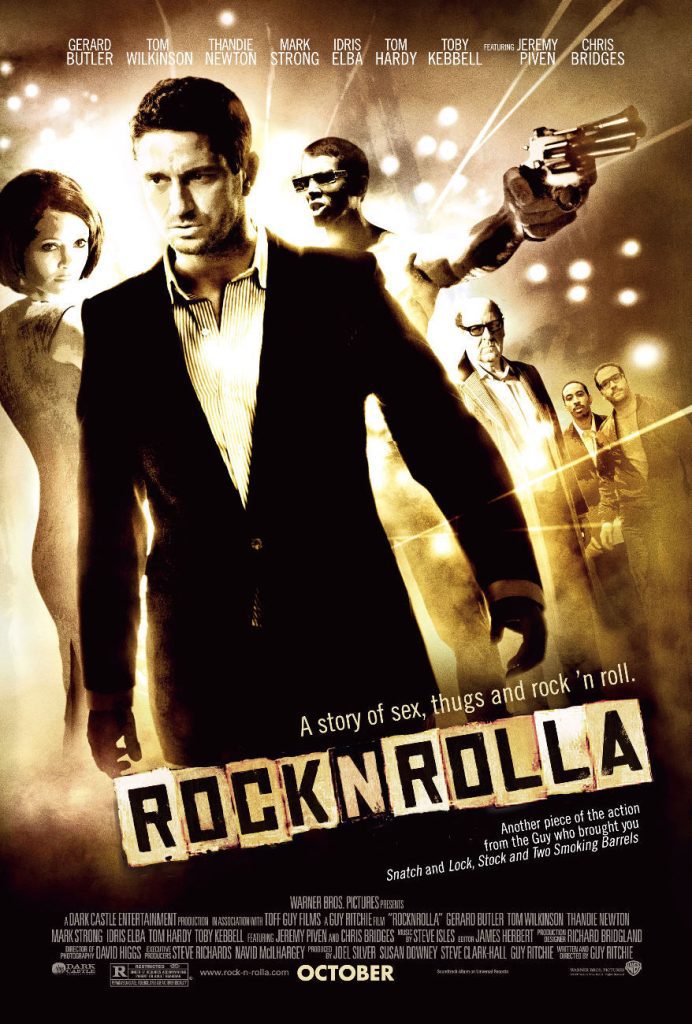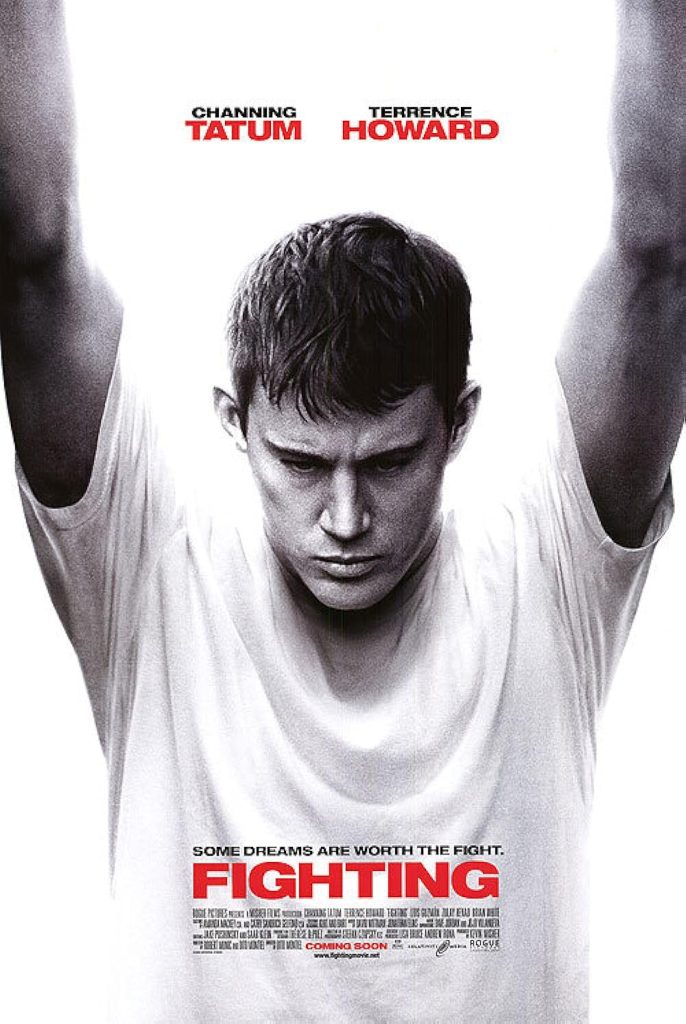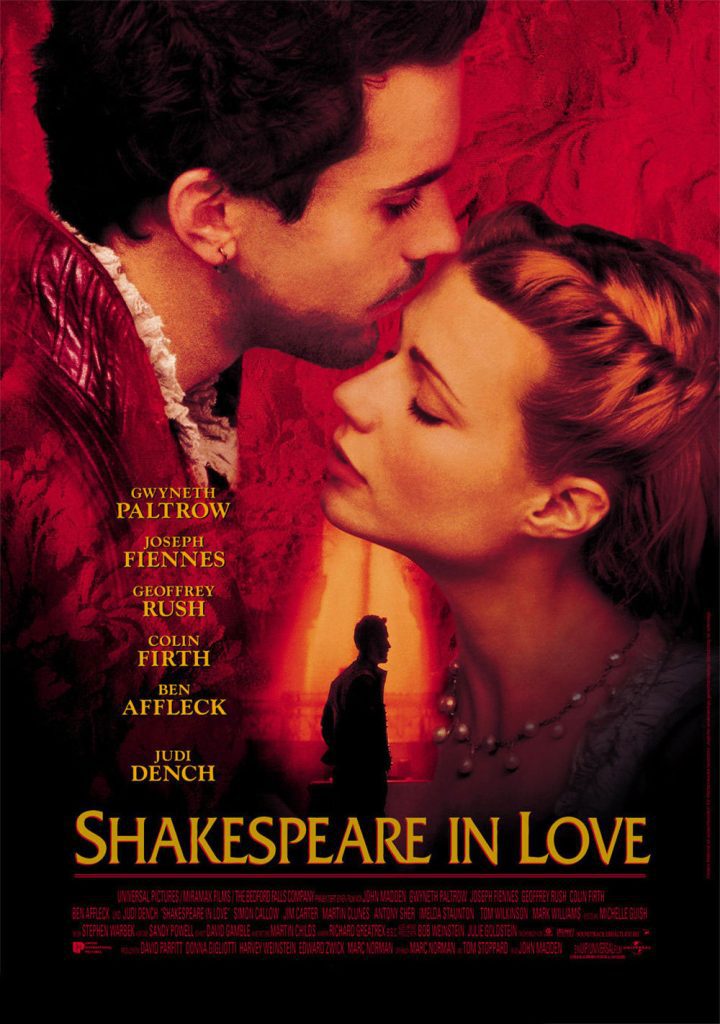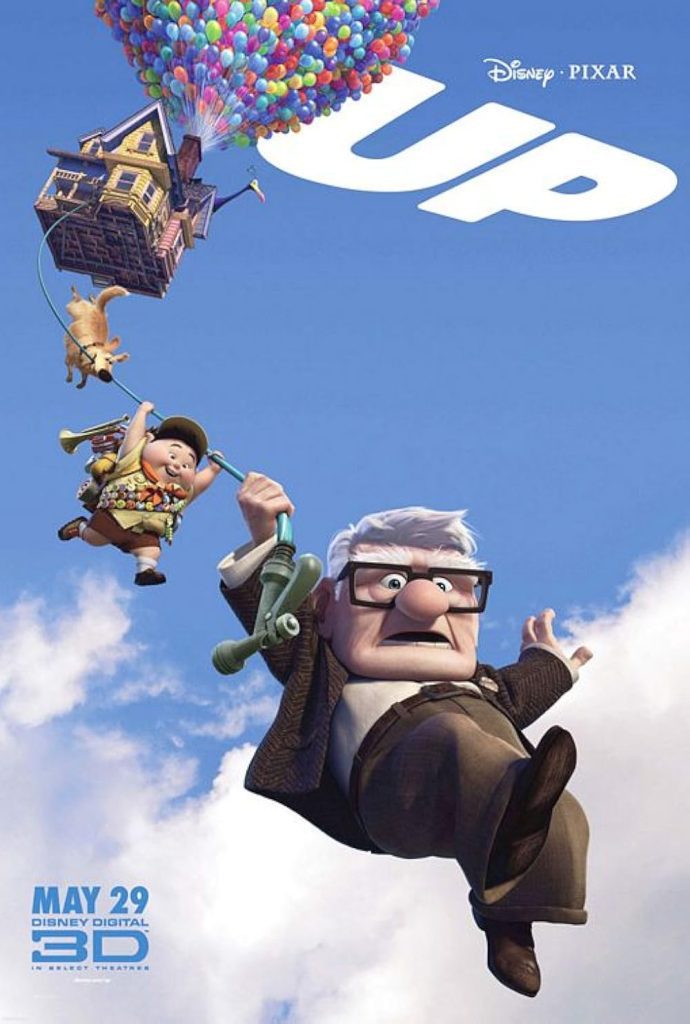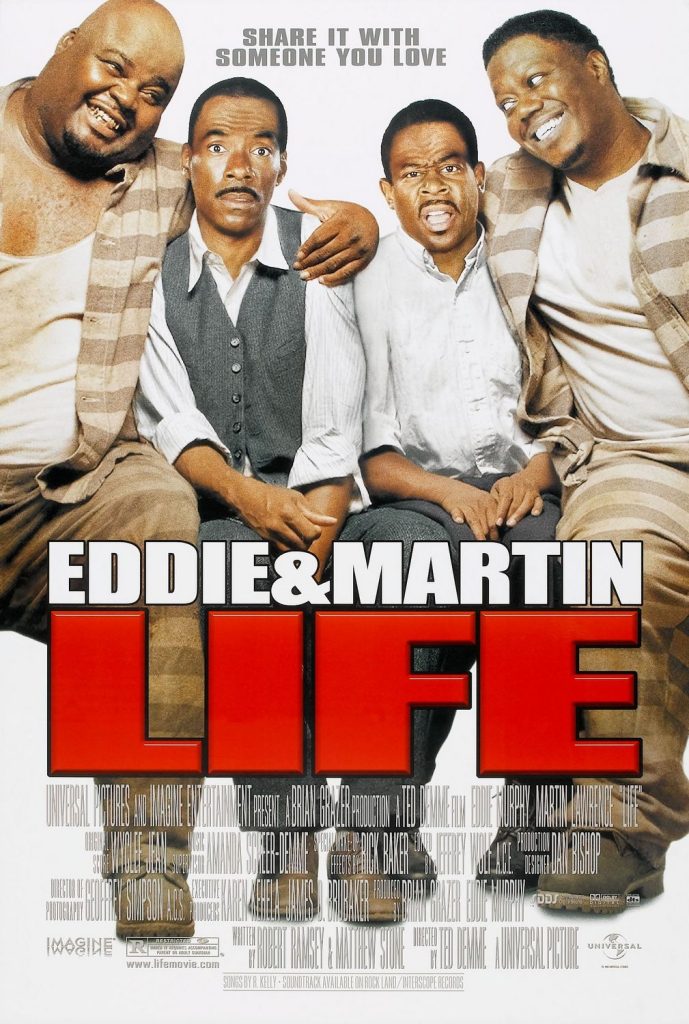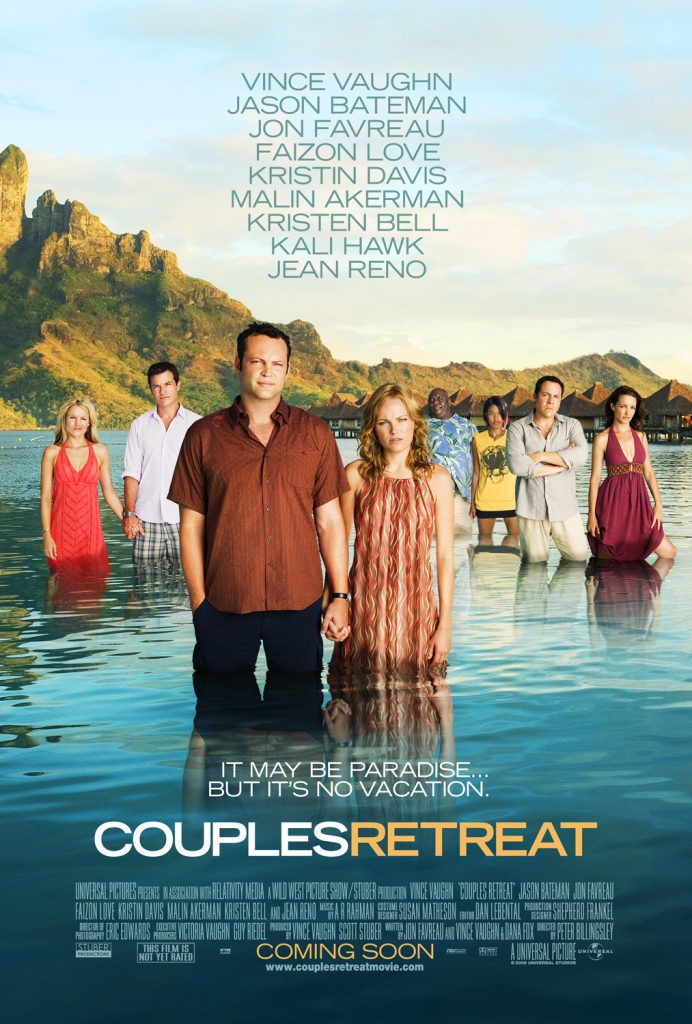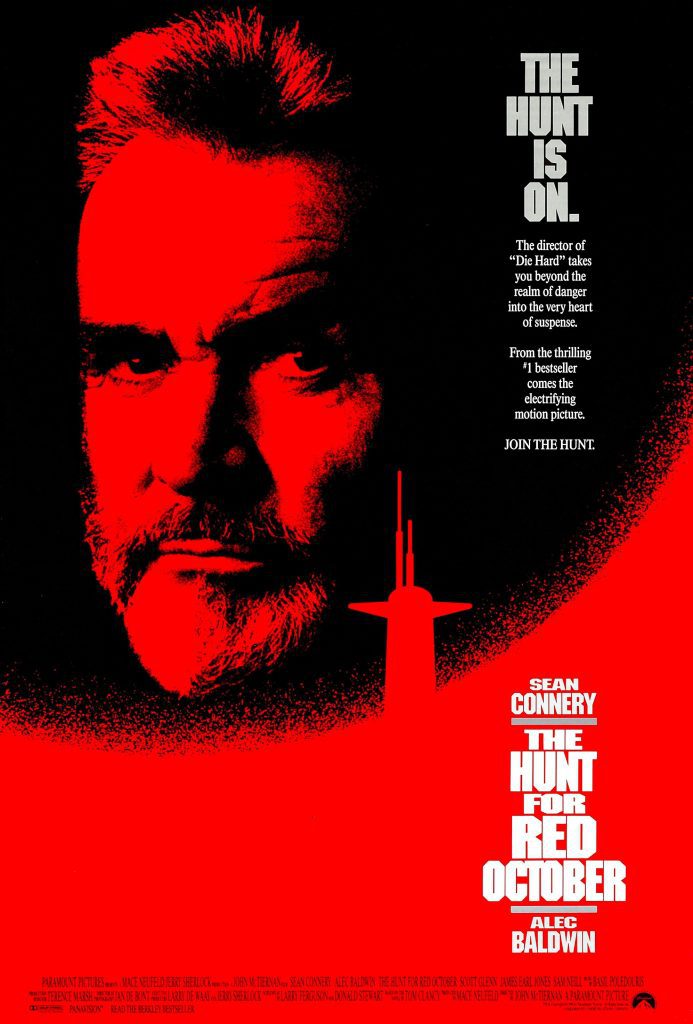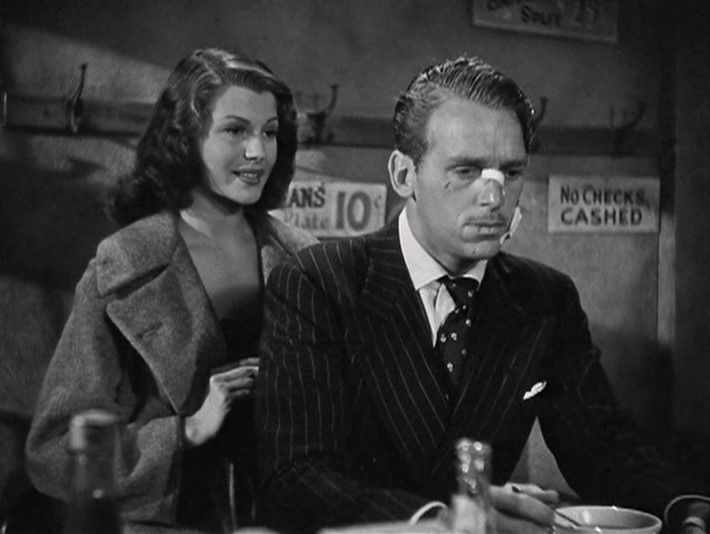
Ben Hecht was one of the most prolific writers of the 20th century, turning out numerous newspaper columns, plays, short stories, 11 novels, an autobiography entitled “A Child of the Century,” and writing or contributing to 140 screenplays, ten of which appeared as films in 1939 alone. Pauline Kael apparently said of Hecht that he was responsible for half of all the entertaining movies made by Hollywood.
Hecht was a frequent collaborator with Charles MacArthur and in 1934, the two of them signed a contract with George J. Schaefer (president of Paramount) to write, direct, produce, and edit four pictures. The films would be made at Paramount’s Astoria studios in Queens, New York. Howard Hawks provided some early advice and well-known cinematographer Lee Garmes formally assisted Hecht and MacArthur, receiving associate director credit on the films whose titles were Crime Without Passion (1934), Once in a Blue Moon (1935), The Scoundrel (1935), and Soak the Rich (1936). The success of the films was mixed at best, and Hecht found himself back in Hollywood writing within the studio system.
By 1939, Hecht was ready to try being an independent once again. The film was to be Angels Over Broadway, but financing was hard to come by and it was only by agreeing to make the film in Hollywood rather than on the East Coast which he preferred that he was able to get the backing needed. The backer was Columbia Harry Cohn, its president, feeling that a Ben Hecht film would add prestige to the company. Filming took place during June and July of 1940 and after an argument with Columbia over the final edit (won by Hecht who had contractually retained final cut), the film was released to positive reviews in September. The response of the filmgoing public was not quite so enthusiastic, but the film did manage to find a niche audience, attaining a sort of cult status over the years. Hecht received an Academy Award nomination for the script, but lost out to Preston Sturges for The Great McGinty.
New York hustler Bill O’Brien is down to his last seven dollars and needs to find an easy mark. At a local nightclub, he notices Charles Engle and takes him for an out-of-town hick who might be suckered out of some money. With the help of a beautiful young showgirl wannabe named Nina Barona, O’Brien’s plan is to take Engle to a poker game run by gambler Dutch Enright where Engle can be cheated out of his money, O’Brien then getting a cut from Enright for his efforts. But he has misread his man, for Engle is really a small-time embezzler of $3000 from a local company at which he works. Engle has been found out and is bent on committing suicide. Meanwhile, Eugene Gibbons, a drunken playwright with a string of recent failures, accidentally learns of Engle’s intentions when he tries to leave the nightclub. Sensing a good story and a potential subject for a new play, Gibbons comes up with a scheme to get Engle the $3000 he needs to prevent his employer from going to the police. O’Brien and Nina are also convinced to help out in the scheme which involves Engle going to the poker game, but then skipping out after he wins the initial “sucker” money that such games usually provide to suck the unwary gambler in. Things don’t work out quite as planned, however, and O’Brien and Nina are left to pull matters out of the fire if they’re all to escape with their lives.
Ben Hecht always had an ear for snappy dialogue and left entirely to his own devices, his characters often had a Damon Runyonesque tinge to them. Angels Over Broadway is a vehicle that illustrates these traits well. The O’Brien and Gibbons characters have the best lines, but all the rest have at least one really good exchange of dialogue that reminds one of the Golden Age’s generally high writing standard (at least in comparison to what passes as screenwriting nowadays). Bill O’Brien and to a lesser extent Dutch Enright and his “boys” don’t have to be embarrassed by any comparison with the likes of Sky Masterson, Nathan Detroit, or Nicely-Nicely Johnson from Guys and Dolls, even though the film is obviously not nearly as well known as the latter.
Angels Over Broadway does deserve a better fate than the relative obscurity that 60-odd years have dealt it. It’s a compact (78 minutes) tale that offers a somewhat offbeat story featuring fine performances. There’s a bit of a noirish feel to it all with the shadowy look and varied camera angles that belie the basic feel-good nature of the plot. The film is most effective over the first three-quarters, building up the characters and their relationships effectively. Even the plan to get Engle his money sounds like it might work. The ending is a bit too pat, leaving some obvious loose ends, and also suffers from some awkward execution in a fight sequence. (Columbia could have learned something from John Wayne and the stuntmen over at Republic about how to stage a fistfight realistically.)
The cast is impressive. Douglas Fairbanks Jr. is very good as Bill O’Brien, partly because he always conveyed a somewhat larcenous look in his films and that was what was needed here. He was at that time at the peak of his career with such films as The Prisoner of Zenda and Gunga Din recently under his belt. A young Rita Hayworth, then being carefully groomed by Columbia, gave the part of Nina much more than a simple ingénue reading. She conveys both warmth and depth and her performance clearly presages the stardom to come. Thomas Mitchell once again had one of the “drunk” roles that he usually did so well. (He had won a Best Supporting Actor Academy Award for 1939’s Stagecoach, playing such a role.) Some critics felt his Gene Gibbons portrayal was the best work he ever did. Of course, it didn’t hurt that the role had a number of choice lines (“Dismiss your hearse. Live, little man, live and suffer!” or “Some people must work very hard to avoid redemption.”) The other main role that of Charles Engle was very ably handled by that esteemed character actor John Qualen.
Columbia previously had made Angels Over Broadway available on laserdisc and now does so on DVD. The presentation is 1.33:1 full frame in accord with the original aspect ratio. Compared to the laserdisc release, the new transfer on DVD is much brighter and sharper. Shadow detail is obscured a little bit, but given the overall dark nature of the film, the results are generally pleasing in that regard. Some of the film’s improved sharpness has been gained at the expense of some minor edge enhancement. The image is subject to frequent speckles, but they are not a major distraction. There is a brief instant when the screen goes black in the middle of the scene between Engle and Hopper early in the film, an occurrence not present on the laserdisc.
The audio is a Dolby Digital 2.0 mono track that does an adequate job of conveying the dialogue-driven film. There is some minor hiss and crackle, but it is not obtrusive. I detected only an English sound track although the packaging lists a Portuguese audio track. Subtitling is provided in English, French, Spanish, and Portuguese.
Columbia has not managed to provide any supplements directly related to the film, not even a theatrical trailer. It has included trailers for three other Columbia films Gilda, On the Waterfront, and The Big Heat.
Angels Over Broadway is a little-known 1940 film that is worthy of your attention because of its fine script, excellent cast, and interesting production look. The story falls a little flat near the end, but that’s a minor quibble compared to the film’s other fine traits. Columbia’s DVD transfer is an adequate effort although the company has fallen into a disappointing rut of providing little of added value to its classic titles. Nevertheless, the film’s the thing, and I recommend this one.
For more movies visit Soap2day.

